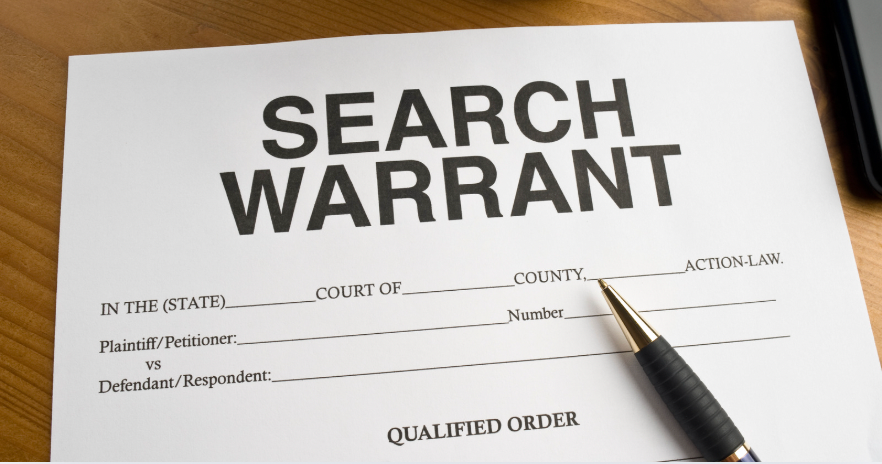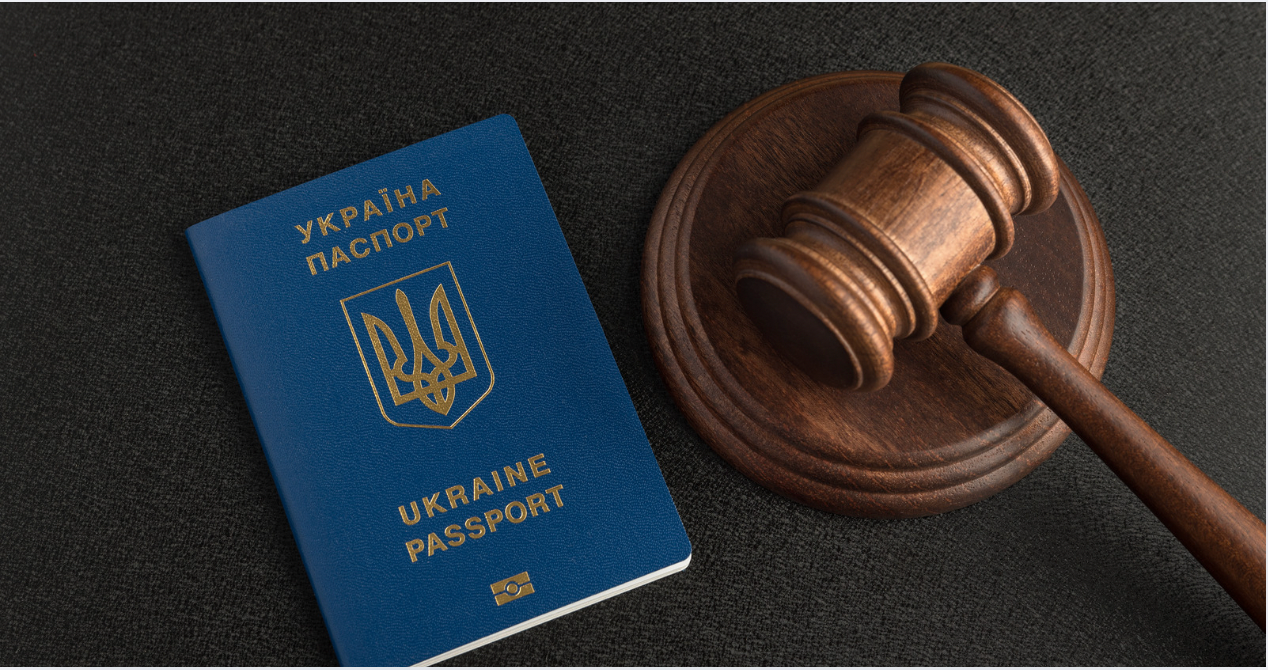Why Does Bail Exist?
Bail is a critical part of the criminal justice system, but many people wonder why it exists and how it benefits both the court and defendants. Bail serves as a financial guarantee that ensures a defendant returns to court for their scheduled hearings after being released from jail. Here’s a closer look at the purpose of bail and why it plays a vital role in the legal process.
The Purpose of Bail
The primary reason bail exists is to balance two key factors: ensuring public safety and protecting a defendant’s right to freedom before being proven guilty. By allowing defendants to post bail, the court gives them the opportunity to continue their lives—go to work, support their families, and prepare for their defense—while awaiting trial. Without bail, everyone accused of a crime would have to remain in jail until their case was resolved, which could take months or even years.
Bail also acts as an incentive for defendants to appear in court. If they don’t, they risk losing the bail money or having it forfeited, which provides motivation to comply with court orders. The system helps manage court resources by keeping jail populations down while still maintaining accountability.
How Bail Protects the Public
In some cases, the court may set a high bail amount for serious crimes to reflect the defendant’s potential danger to the public or their risk of fleeing before trial. By setting bail, the court ensures that defendants who pose a greater risk have a higher financial stake, making it less likely they will evade the justice system.
How Griffith Bailbonds Can Help
If you or a loved one has been arrested, bail is often the quickest way to secure release from jail. Griffith Bailbonds
can assist by covering the bail amount for a non-refundable fee that's a small percent of the total bail. We’re available 24/7 to guide you through the bail process and ensure a fast, smooth release.
Contact Griffith Bailbonds
today for experienced help!











